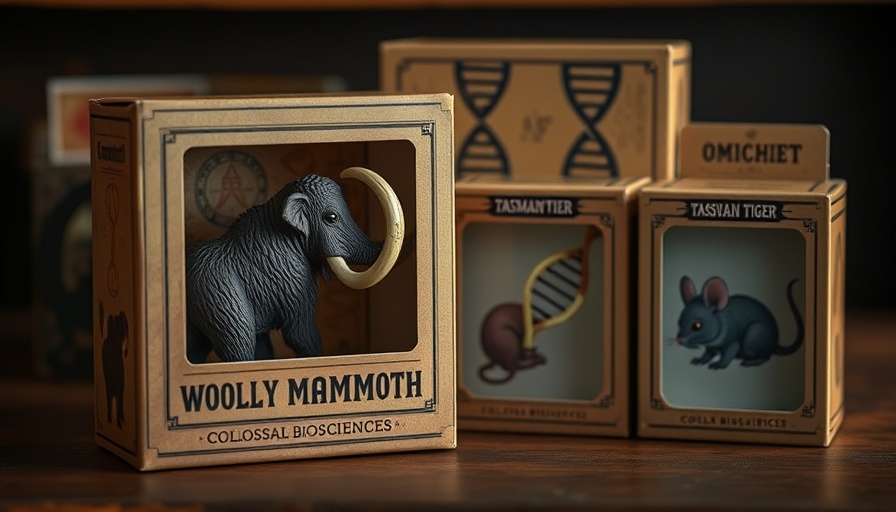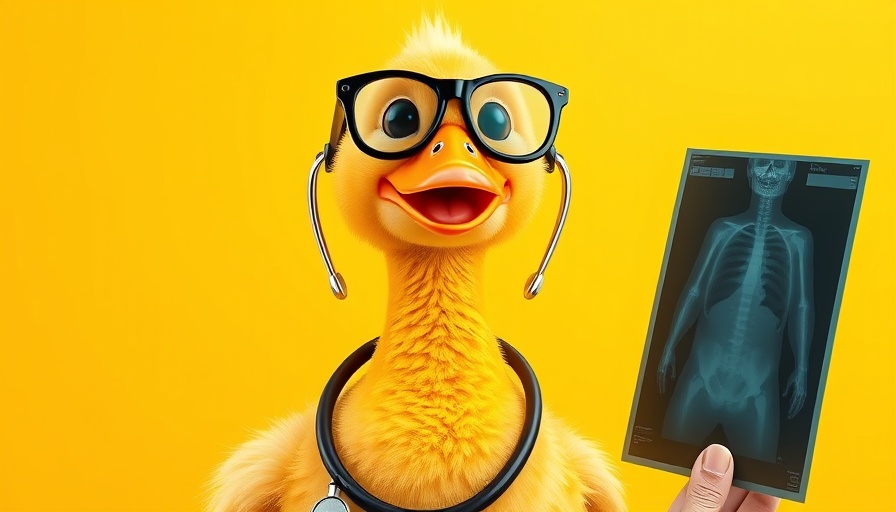
A Bold Move in Biotechnology: The Quest to Patent the Woolly Mammoth
Colossal Biosciences, a Texas-based startup, is breaking new ground by seeking a patent not just for gene editing technology, but for the woolly mammoth itself. This audacious endeavor aims to revive lost species while claiming exclusive legal rights to their genetic makeup. CEO Ben Lamm contends that such patents are essential for controlling the technology's application, particularly during the sensitive process of reintroducing these species into the wild.
Reintroducing Extinct Species: A Double-Edged Sword
On the surface, reviving the woolly mammoth seems beneficial; Colossal argues that these modified elephants could restore natural ecosystems by maintaining permafrost and enhancing carbon capture efforts. However, the ethical implications of patenting living organisms raise numerous questions. The idea of having a legal monopoly over wildlife, coupled with ambitions for further genetic modifications, presents a unique ethical dilemma.
Legal Precedent: Patenting Life Itself
The legal landscape for genetically modified organisms has evolved since the Supreme Court's 1980 ruling, which allowed patents on living entities. This precedent has led to the patenting of various genetically engineered animals. Colossal's patent application could pave the way for unprecedented regulatory frameworks that will shape the future of biotechnology.
What Lies Ahead for Colossal Biosciences?
With over $400 million raised, Colossal's potential financial gain from eco-tourism and carbon credits reflects a calculated business strategy. However, skeptics question the feasibility of creating sustainable ecosystems populated by resurrected species. As this narrative unfolds, it remains crucial to engage in discussions about the implications of playing 'God' with biodiversity.
Engaging the Public: Why This Matters to You
For many, the concept of de-extinction may feel distant, yet its implications affect us all. As we grapple with climate change and biodiversity loss, understanding technological innovations like those from Colossal Biosciences is essential. As the public becomes more aware, there is an opportunity for consumer advocacy aimed at ensuring ethical practices in biotechnology.
 Add Row
Add Row  Add
Add 




Write A Comment